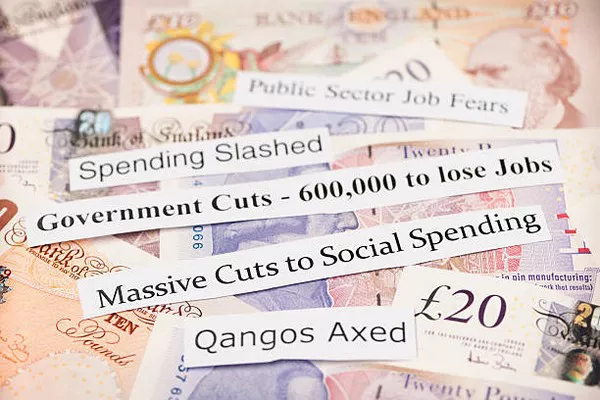The British pound (GBP) has faced renewed pressure in recent weeks as the UK’s economic recovery shows signs of stalling. Despite avoiding a recession, the latest GDP figures reveal an economy struggling to gain momentum, with growth remaining sluggish compared to other major economies.
One of the key drags on economic performance has been the manufacturing sector, which contracted by 0.5% in March. Weak demand from key export markets, particularly the Eurozone, has contributed to the decline. Meanwhile, the services sector, which accounts for nearly 80% of the UK economy, grew by a modest 0.2%, driven by retail and hospitality. However, business surveys suggest that consumer confidence remains fragile, with households still feeling the pinch from higher mortgage rates and elevated living costs.
The pound has weakened against both the US dollar and the euro in response to the lackluster data. GBP/USD fell below 1.25, while GBP/EUR dipped to 1.16, reflecting investor concerns over the UK’s growth prospects. Analysts attribute the currency’s underperformance to a combination of domestic economic weakness and shifting expectations for interest rate cuts. While the Bank of England (BoE) has kept rates on hold, markets are increasingly pricing in earlier and deeper cuts than previously anticipated.
Another factor weighing on the pound is the UK’s widening trade deficit. In March, the goods trade deficit expanded to £18.5 billion, as imports rose faster than exports. The decline in exports has been particularly pronounced in the automotive and pharmaceutical sectors, both of which are critical to the UK’s trade balance. Brexit-related trade barriers continue to pose challenges, with UK firms facing additional costs and delays when exporting to the EU. The government’s efforts to secure new trade deals, including with the US and India, have so far yielded limited results.
The housing market is also showing signs of strain, with mortgage approvals falling to a six-month low in April. Higher borrowing costs have dampened demand, with the average two-year fixed mortgage rate still hovering around 5.5%. While house prices have not collapsed, they have stagnated in most regions, with London seeing a slight decline. The property market’s weakness has broader implications for consumer spending, as homeowners feel less wealthy and cut back on discretionary purchases.
On the political front, uncertainty looms as the UK prepares for a general election. Prime Minister Rishi Sunak’s Conservative Party trails Labour by a significant margin in polls, raising questions about potential shifts in fiscal and economic policy. Labour has pledged to increase public investment and reform business taxes, which could either stimulate growth or exacerbate fiscal deficits depending on implementation. Currency markets typically dislike uncertainty, and the prospect of a change in government is adding to the pound’s volatility.
Looking forward, the outlook for the British pound remains uncertain. If the UK economy fails to pick up steam in the second half of 2024, the BoE may be forced to cut interest rates sooner than expected, further weakening the currency. However, if inflation proves stickier than anticipated, the central bank could delay easing, providing some support for the pound. Global factors, including the Federal Reserve’s monetary policy and geopolitical risks, will also play a crucial role in determining GBP’s direction. For now, traders remain cautious, with the pound likely to remain under pressure until clearer signs of economic recovery emerge.
You Might Be Interested In:


